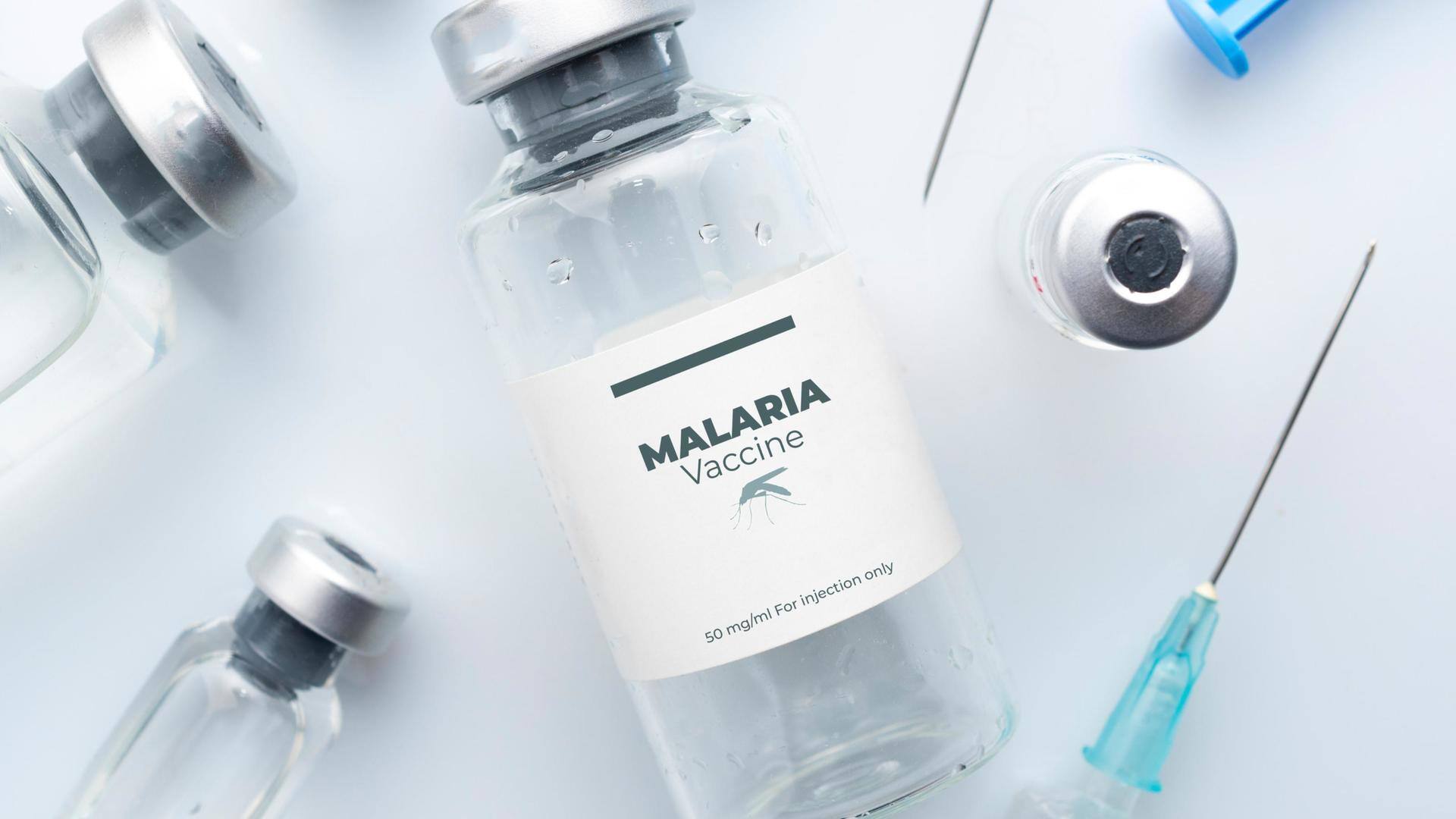
R21: The new malaria vaccine you must know about
What's the story
A groundbreaking new vaccine has been developed for malaria, and it is causing a stir in the global health community. Known as R21/Matrix-M, this vaccine has achieved an unprecedented level of effectiveness, surpassing the World Health Organization's (WHO) target of 75%. Being hailed as a "world-changer," here is what you need to know about this exciting breakthrough in malaria vaccine technology.
Ghana
Ghana first to approve the R21 malaria vaccine
While the WHO is still deciding whether to endorse it or not, Ghana has become the first nation to approve it for use. The vaccine has been approved for children between five and 36 months. According to a statement released by Oxford University, "It is hoped that this first crucial step will enable the vaccine to help Ghanaian and African children effectively combat malaria."
Stats
It is the need of the hour
Malaria remains a significant health issue globally, causing an estimated 627,000 deaths in 2020, with the majority occurring in Sub-Saharan African countries, as per WHO. In Africa, 80% of malaria deaths occur among young children. Meanwhile, India carries 2% of the global malaria case burden with over 52% of all malaria deaths outside of Sub-Saharan Africa.
Matrix-M
What makes R21 a potent vaccine?
The R21/Matrix-M vaccine's secret weapon is its adjuvant, Matrix-M, which was developed by Novavax. Matrix-M helps the vaccine stimulate a stronger and longer-lasting immune response by improving antigen presentation in regional lymph nodes and encouraging the entrance of antigen-presenting cells at the injection site. The same technique is also used in many vaccines in their development stages, including Novavax's COVID-19 vaccine.
Target
It targets the first stage of the parasite's life cycle
The R21/Matrix-M vaccine targets the plasmodium sporozoite, the initial form of the malaria parasite in humans. As only a small number of sporozoites are injected during a mosquito bite, they are an ideal target for a vaccine. R21 is a subunit vaccine that includes protein segments from the sporozoite and a part of the hepatitis B virus that stimulates a strong immune response.
Production
Serum Institute of India to produce 200 million doses annually
Oxford University teamed up with the Serum Institute of India (SII) to produce 100-200 million doses of the R21 vaccine annually. The SII is also constructing a vaccine factory in Accra, Ghana, for this. The CEO of the SII, Adar Poonawalla, as told to BBC, recognized Ghana's approval of the vaccine as a "significant milestone in our efforts to combat malaria around the world."
WHO
The green light from WHO will initiate vaccine roll-out
By the end of this year, the official results from the phase III trial involving 4,800 children from Burkina Faso, Kenya, Mali, and Tanzania will be released. The WHO is currently evaluating whether to authorize the vaccine for broader use. Once approved, Gavi, a public-private global health partnership, and UNICEF could promptly fund and purchase doses to safeguard African children against malaria.
India
Is the vaccine going to be available in India too?
Currently, there's no sign of a nod from Indian drug authorities. However, Adar Poonawalla has assured that the company is committed to increasing vaccine production to serve countries with high malaria incidence. "We remain steadfast in our commitment to scaling up production of the vaccine to meet the needs of countries with high malaria burden," he said.